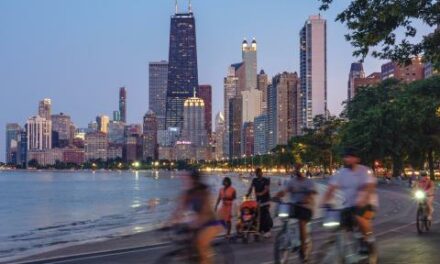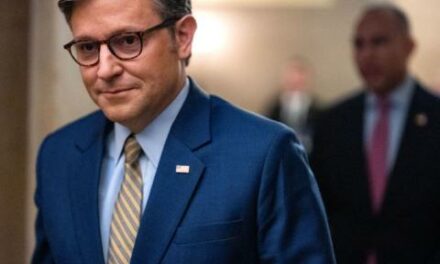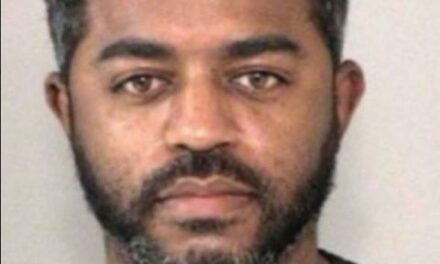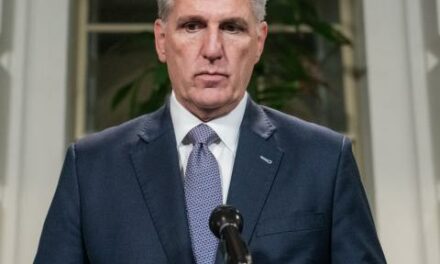We support our Publishers and Content Creators. You can view this story on their website by CLICKING HERE.

Illinois employers are bracing for minimum-wage hikes, which may lead to more job cuts around the state.
Illinois’ minimum wage is rising from $14 per hour to $15 on Jan 1, the final increase in a series of annual increases from a law Gov. J.B. Pritzker signed in February of 2019. In addition, the minimum wage for tipped workers is increasing from $8.40 per hour to $9. The youth minimum wage, for workers under age working fewer than 650 hours per calendar year, is going up from $12 per hour to $13.
“I’m very, very proud about the work that we did to get from $8.25 to $15. That’s a big jump, and it put us in a leadership position in the Midwest for attracting great workers to the state of Illinois,” Pritzker said.
When asked at a news conference earlier this month, the governor did not rule out another minimum wage hike.
“I think we did it the right way when we did it back in 2019. I haven’t seen a proposal yet for a change going forward,” Pritzker said.
In February 2019, when the law passed, the state’s unemployment rate was 4.8%. It’s now 5.3%, third highest in the U.S. Only Nevada (5.7%) and California (5.4%) are higher. The national unemployment rate in November was 4.1%.
“At the same time that we’ve raised the minimum wage, I’ve been working hard to create more jobs in the state to make sure that we’ve got a competitive environment for the workers in our state,” Pritzker said.
All of the states bordering Illinois have lower minimum wages and lower unemployment rates. Indiana, Iowa, Kentucky and Wisconsin have a $7.25 minimum wage. Missouri’s minimum wage is $12.30 per hour.
The unemployment rate in Kentucky is 5.1%. Indiana is at 4.4%, Missouri at 3.7%, and Iowa at 3.1%. Wisconsin has the seventh-lowest unemployment rate in the nation at 2.9%.
Despite some individual studies showing no job cuts with minimum wage hikes, Reason.org states, “There are vastly more studies that find job reductions with minimum wage hikes.”
Reason.org noted that economists at the Federal Reserve Bank of St. Louis concluded in 2021, “A higher minimum wage can also result in employers using automation to replace more expensive human labor.”
In July 2019, several months after Pritzker signed Illinois’ minimum wage legislation, the Congressional Budget Office estimated the effects of a federal minimum-wage increase.
“In an average week in 2025, the $15 option would boost the wages of 17 million workers who would otherwise earn less than $15 per hour. Another 10 million workers otherwise earning slightly more than $15 per hour might see their wages rise as well. But 1.3 million other workers would become jobless, according to CBO’s median estimate,” the CBO stated.
In July of this year, Chicago raised its minimum wage to $16.20 per hour for employers with four or more employees. The minimum wage for tipped employees in Chicago is now $11.02 per hour and is eventually slated to match the minimum wage for non-tipped workers.
Chicago Bars, a social media account “working on behalf of Chicago bars, restaurants, and music joints,” commented about the announced closing of Old Town Pour House on Wells Street, posting on X, “I have never seen bar and restaurant closings coming as fast as they are right now in Chicago.”

 Conservative
Conservative  Search
Search Trending
Trending Current News
Current News 





